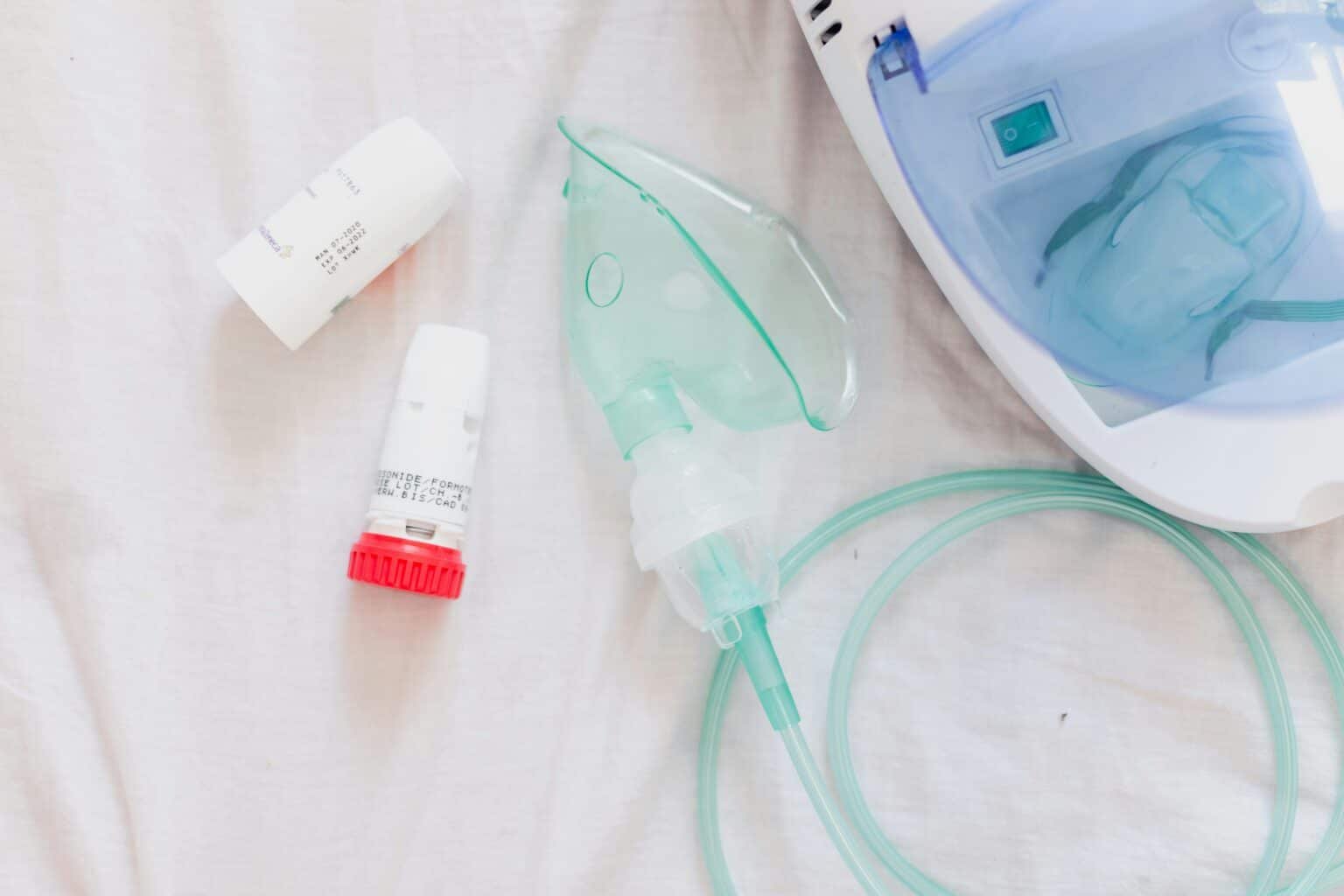What Is Aerosol Therapy and Is It Right for You?
Aerosol therapy is an effective treatment method for individuals dealing with various chronic respiratory conditions. This treatment involves the administration of medication in the form of a fine mist or aerosol, allowing it to be inhaled directly into the airway and lungs via the use of various inhalation devices.
Pulmonologists and critical care physicians like the Lung Docs can effectively diagnose any breathing problems you might be having, and determine whether you might benefit from aerosol therapy.
Uses of Aerosol Therapy
Aerosol therapy is commonly used to manage a range of respiratory conditions.
For sufferers of asthma, a chronic condition characterized by inflammation of the airways, aerosol therapy can deliver bronchodilators and anti-inflammatory medications directly to the lungs.
Aerosol therapy can benefit those dealing with chronic obstructive pulmonary disease (COPD), which includes conditions like chronic bronchitis and emphysema, by alleviating symptoms and improving lung function.
Cystic fibrosis, a genetic disorder affecting the lungs and digestive system, also utilizes aerosol therapy to administer medications that help in managing the thick mucus associated with the condition.
Delivery Methods
There are three main types of devices utilized in aerosol therapy:
Nebulizers convert liquid medication into a mist, making it easy to inhale the medication — especially if you have difficulty using inhalers. They are often prescribed for chronic respiratory conditions such as asthma, COPD, and cystic fibrosis. Nebulizers provide a continuous flow of medication, making them particularly beneficial if you struggle with using inhalers.
Metered-dose inhalers (MDIs) deliver a pre-measured dose of medication with each inhalation. These are commonly used for conditions like asthma and bronchitis. MDIs are convenient and easy to use, making them a popular choice if you require regular doses of medication.
Dry powder inhalers (DPIs) deliver medication in powdered form, requiring you to inhale deeply to ensure the drug is delivered effectively. They are more convenient and less cumbersome than nebulizers.
Are You a Candidate?
If you are dealing with obstructive breathing, it’s crucial that you consult a pulmonologist for accurate diagnosis and effective treatment.
The Lung Docs specialize in the respiratory system and can identify the cause of your breathing difficulties. They will review your medical history, perform a thorough examination, and can utilize diagnostic tools such as spirometry, blood tests, chest X-rays, and blood tests to evaluate your lung function and pinpoint underlying issues.
Once they establish a diagnosis, the Lung Docs can determine whether aerosol therapy is a suitable treatment option. They will consider the nature and severity of your respiratory condition, your ability to use different inhalation devices, and any potential risks or side effects of the prescribed medications. They will then work with you to develop a personalized treatment plan.
Give us a call at (423) 710-3864 or make an appointment online so we can determine the right treatment for you.
Sources: MedicineNet.com, National Institutes of Health, MedLinePlus.gov
We are here to Help You Breathe Better Again – The Lung Docs



